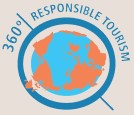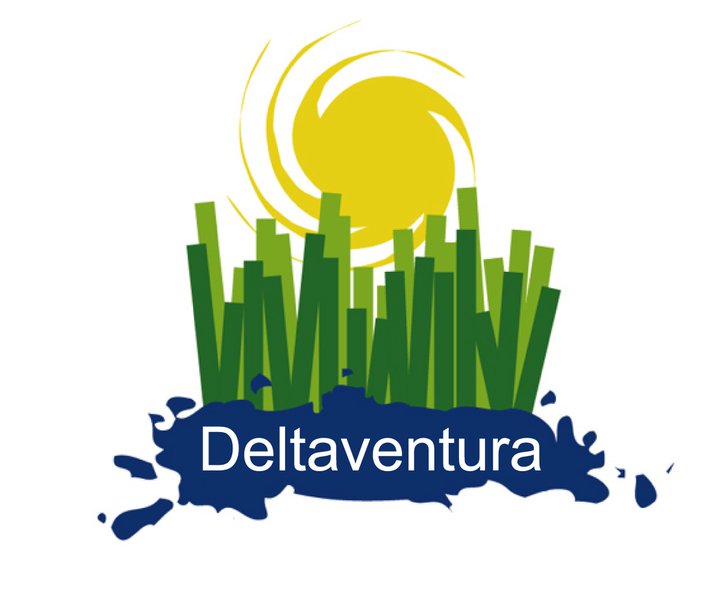The terms sustainability, responsibility and participation define the type of tourism practiced and promoted by 360° Responsible Tourism. Sustainable, as it pertains to tourism, refers to the use of natural resources in such a manner as not to disturb the resources themselves, and without affecting the standard of living of future generations. While that may not sound revolutionary, the fact is most tourism activities do not meet this standard.
The term “responsible” implies that both the tourist and the provider seek to avoid negatively affecting the local environment or society. Not only does this approach attempt not to harm; it also strives to contribute to the general well-being of local people, the tourist and the places visited. Participation should be understood as an active and integral part of a tourism project involving both the host and the visitor.These three terms, therefore, define the principles that guide our actions and distinguish us from the traditional approach to tourism.
Through the practice of sustainable, responsible and participatory tourism, hosts safeguard their environment and utilize ancestral knowledge, taking charge of the process. And tourists — simply by showing interest in the places they visit and the cultures they experience — help boost local peoples’ self-esteem, thereby helping them protect their resources.
Tourism also provides locals an alternative source of income and a glimpse to the outside world — especially in less-developed destinations — and reflects the general economic inequality in the world today.
Sustainable, responsible and participatory tourism is a constructive manner of learning, understanding and personally contributing to improve the situation in less-developed countries.The international debate on sustainable tourism (also called ecotourism, social tourism, responsible tourism, community tourism, nature tourism or rural tourism) is led on one hand by people who hope their principles spread to the entire tourist industry, and on the other by those who simply see it as a market niche. Despite the wide ideological gap between these two views, they both recognize that sustainable tourism has recently become the fastest-growing segment within the overall tourism industry.
Several sustainable tourism initiatives exist at the international level. United Nations agencies and non-governmental organizations from around the world act to spread the concept of sustainable tourism worldwide. These NGOs design and implement sustainable tourism projects and promote awareness among industry service providers and tourists alike. They also work towards establishing a certification process.At national and local levels we are witnessing an increase in independent and spontaneous tourist services inspired by the same principles. Micro-businesses or associations are being formed with a clear aim of offering a new way of travel. Local communities are placing more value in their natural and cultural resources, and now have an opportunity to decide for themselves how they would like to work with tourism.We sum up the main principles of sustainable tourism as follows:
- Tourists experience a different natural or cultural environment in a responsible way.
- The activities are sustainable in that they have a minimal impact on the environment and cultures, and encourage an awareness of resource conservation.
- Local participation, consciousness and values are promoted.
- Tourists are encouraged to learn more about local people and places they visit, and actively participate in this process.
- Revenues derived from tourism benefit local communities.

360° Responsible Tourism works as a consultant and advisor for the development of projects in sustainable tourism. Sustainable tourism is increasingly recognized as a legitimate economic activity within the framework of the development process, and it has sparked interest in the context of formal education.
The process of developing a sustainable tourism project involves three main issues. The first is acting according to the principles of sustainable development. The second calls for the specific elements of tourist activitie,s and the third focuses on positive interaction between different cultures, and on economic benefits for the local community. Active and full participation is the key to the success of any of these components. Local people must be planners and developers of all activities related to the project and implementation phases. Research and investigation on sustainable tourism is relatively new, and it is crucial to educate and familiarize tourism operators and the general public with these concepts.
In order for sustainable tourism to grow, tourism officials and the public must realize how different it is from conventional tourism, and that supporting responsible tourism benefits everybody. Through education, responsible measures will become a part of everyday consciousness, in turn promoting its practice.



